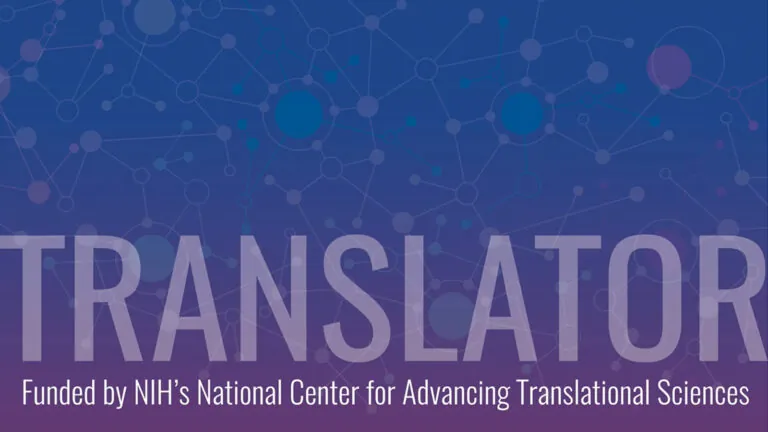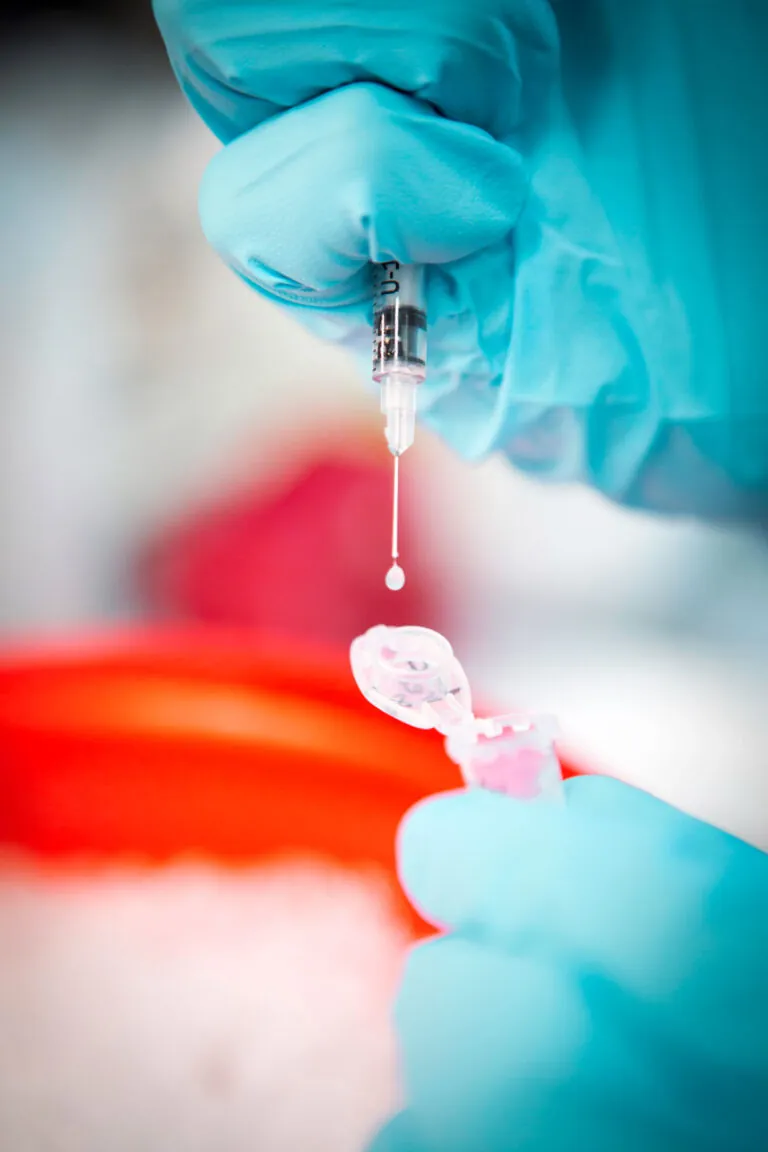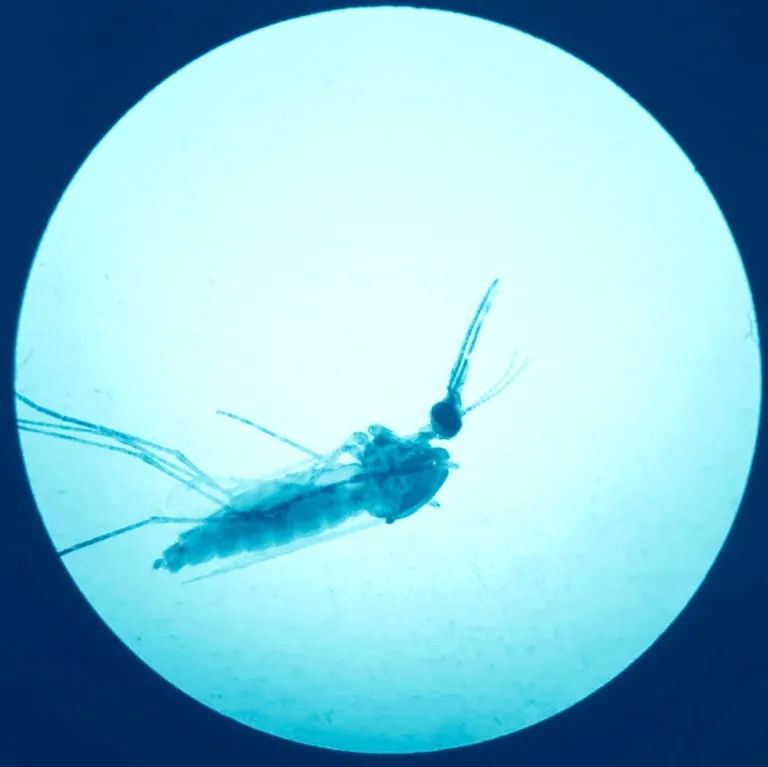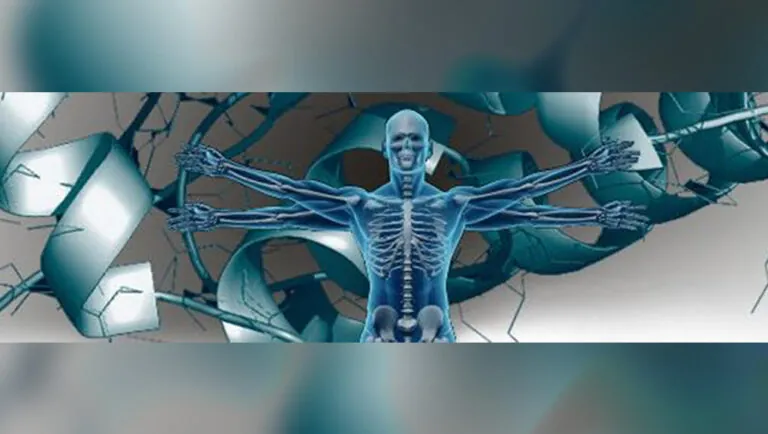
New Tool Unlocks Biomedical Discovery with Launch of Biomedical Data Translator
The Biomedical Data Translator is now publicly available, offering a powerful open-source platform that integrates diverse biomedical datasets. Designed to accelerate discovery and patient care, Translator helps users explore complex data and uncover actionable insights with ease.









